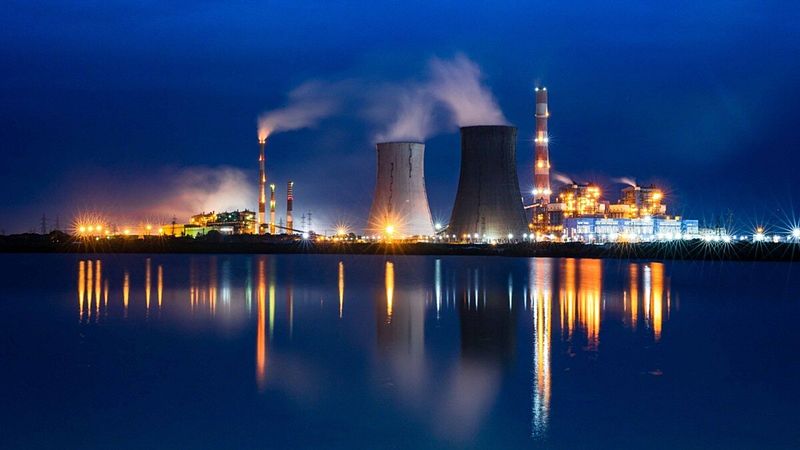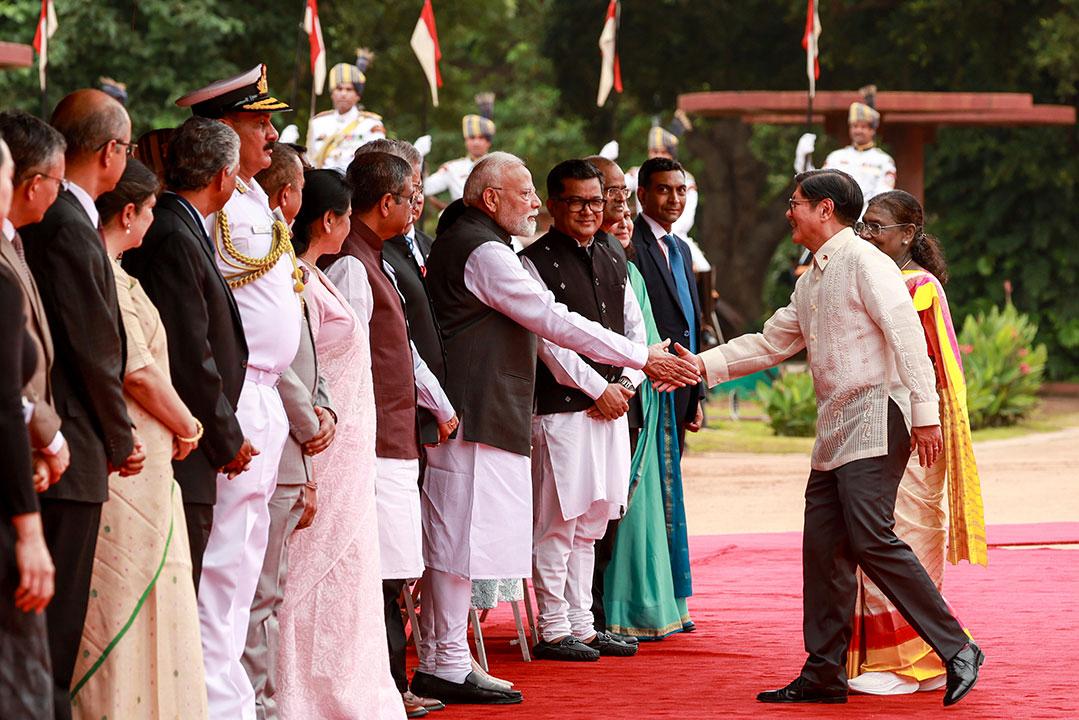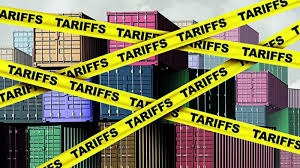 Image Source: LinkedIn
Image Source: LinkedIn
India and Russia are intensifying their strategic partnership in nuclear energy, driving a visionary agenda to expand and diversify India's nuclear power capacity with Russian technology and collaboration. This cooperative push is anchored in sustainability, ambitious growth targets, and transformative potential for energy security and clean power development in India over the coming decades.
Key Highlights: Deepening Nuclear Cooperation and Expansion Plans
India and Russia continue to collaborate closely on the Kudankulam Nuclear Power Plant (NPP) in Tamil Nadu, the cornerstone of their civil nuclear partnership. Currently, two Russian-supplied VVER-1000 pressurized water reactors operate at Kudankulam, with four additional reactors under construction aiming for full completion by 2027.
Plans include the installation of six units totaling 6000 MW at Kudankulam, with ongoing work on units 3 to 6. Discussions are advancing on the allocation of a second site in India for further Russian-designed reactors featuring next-generation VVER-1200 technology.
A landmark deal worth approximately Rs 10,500 crore was finalized for nuclear fuel and core components supply to Kudankulam's new units from 2025 to 2033, including fuel reloads and control rod assembly toolsets, ensuring sustained and efficient plant operations.
Both nations emphasize deep localization, with Russia’s Rosatom expressing willingness to transfer full construction capabilities and joint production of nuclear components to India, boosting domestic manufacturing and technology expertise.
Beyond energy generation, cooperation also extends to non-energy nuclear applications like water desalination and seed irradiation, reflecting a broad and innovative use of nuclear technologies.
Sustainable and Ambitious Energy Objectives Aligned with India’s Vision
India has set a bold target under its Nuclear Energy Mission for "Viksit Bharat" (Developed India) to increase installed nuclear capacity from the present ~7 GW to over 22.8 GW by 2031–32, with a longer-term goal of 100 GW by 2047. This reflects nuclear power’s essential role in India’s clean energy transition.
The India-Russia cooperation aligns seamlessly with this vision, as nuclear energy provides a carbon-free, reliable, and large-scale power source, critical for meeting India’s growing electricity demands sustainably while reducing fossil fuel dependence.
The involvement of advanced Russian reactors and fuel cycle technologies help India to deploy safer, more efficient, and scalable nuclear options within national growth and energy security frameworks.
Transformative Impact on India’s Nuclear Landscape and Bilateral Relations
The partnership illustrates a transformative shift by moving towards the fourth generation of nuclear technology collaboration, including fast neutron reactors and improved VVER designs with closed fuel cycles, promising enhanced safety, efficiency, and waste management.
Technical consultations between Indian and Russian entities continue to lay groundwork for expanded projects, joint ventures, and possible new nuclear power plant construction at additional Indian sites using Russian technology.
The strategic partnership extends beyond energy, promoting geopolitical stability and economic cooperation, with Russia supporting India’s peaceful use of nuclear energy amidst evolving global challenges.
This collaboration also includes export potential through joint projects in third countries, amplifying the global footprint of the India-Russia nuclear alliance.
Challenges and Forward Path
While ambitious, the expansion requires addressing complex challenges including regulatory approvals, infrastructure readiness, technology transfer facilitation, and skilled workforce development in India.
Ensuring stringent safety standards, managing geopolitical risks and financing such large-scale projects also remain key focal points for sustained success.
Continuous innovation in fuel production, reactor design, and operational efficiency driven by bilateral cooperation will be critical to meet evolving energy and environmental demands.
Conclusion
The India–Russia nuclear energy push symbolizes a robust, sustainable, and ambitious partnership driving India’s transition to a low-carbon, energy-secure future. By combining Russia’s advanced nuclear expertise with India’s expansive energy needs and manufacturing capabilities, this transformative collaboration is setting a new paradigm for clean energy power generation that balances technological innovation, environmental responsibility, and strategic diplomacy. As projects progress with increasing localization and forward-looking technologies, the India-Russia nuclear alliance reinforces its crucial role in shaping the global nuclear energy landscape and India’s path to energy self-reliance.
Sources: World Nuclear News, Times of India
Advertisement
Advertisement





